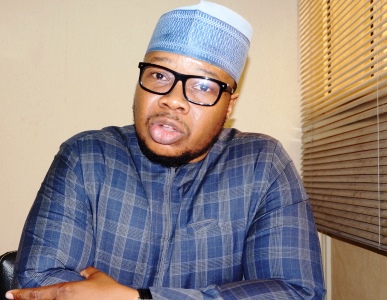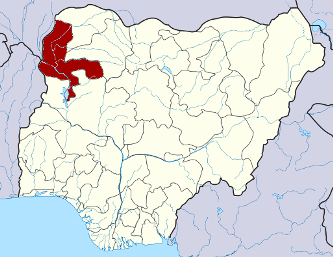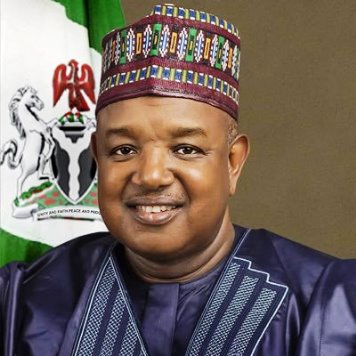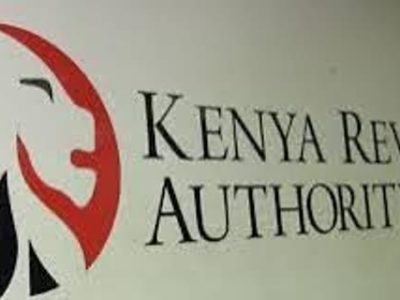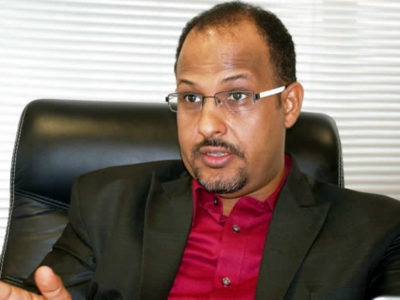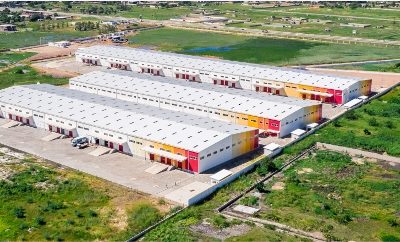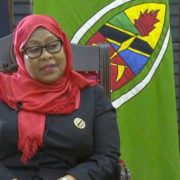By Anthony Emeka Nwosu
Kebbi State, an agrarian state situated at the North Western part of Nigeria, is poised to change its narrative on information and communication technology (ICT). Led by Abubakar Atiku Bagudu, Kebbi is refocusing for the 4th industrial revolution and has chosen to invest policies and funds into ICT.

Kebbi State 
Governor Abubakar Atiku Bagudu
Kebbi has started its journey through the establishment of a Ministry of Information Technology to grab a first in Nigeria for being the state that pioneered cabinet status for IT policy administration. The creation of this ministry has been lauded by industry watchers and stakeholders as a welcome development and a move in the right direction.
Walking the talk, Governor Bagudu has appointed the young and dynamic Abdullahi Magoro, a seasoned IT expert, to pilot the affairs of the new ministry. Magoro comes from a private sector background, and has promised as the commissioner to bridge the capacity gap in the state.
Remodeling MDAs and reworking revenue generation through IT
In a media chat in Lagos, Magoro said “my role as a commissioner is to coordinate all the ICT activities in the state. My ministry is to ensure that there is coordination and synergy in this area. We are looking at critical areas such as revenue generation, capacity building and e-government. We are just a new ministry less than a month old, but we are making a steady progress by coming up with a draft policy document or a blueprint that would guide us in this area. We are also here to engage the stakeholders within the IT ecosystem to see how we can all work together and add value in Kebbi State.”
“We are looking at critical areas such as revenue generation, capacity building and e-government.…We are also here to engage the stakeholders within the IT ecosystem to see how we can all work together and add value in Kebbi State.”
Northern Nigeria, which Kebbi State is part of, is at the bottom of the Skills Gap Assessment in Nigeria. While the country is becoming increasingly digitized with improved adoption of technology, this is mostly in Lagos and many states in the south of the country. Part of the mandate of the new ministry is to to position Kebbi to become IT driven; to become an ecosystem for developers of IT solutions that would feed the country and the world at large.
Kebbi represents a new thinking and a clear departure of what has been a norm in the country. Kebbi wants to rework its public sector; get the state wired and mofre digitized before 2023.
Bagudu wants eGovernment solutions to be deployed in all ministries, departments and agencies (MDAs). The governor wants new capacities built in young people and wants to see innovations driving how communities and productivities are fashioned out. He has given the mandate to Magoro to accomplish.
Building capacity and changing school curriculum
“We have to look at passion and literacy, we have a lot of youths in the state that have these qualities, what they basically need is support. Ours is to train and retrain them on the best ways they can use IT to better their lives. We are looking at hubs, we would build hubs, those that want to be techprenuers, we would encourage them and support them. We would also take others into public sector. We are looking at an ecosystem that would be managed by youths of Kebbi. The whole essence is to empower these youths,” said Magoro.
Kebbi wants to focus on training no less than 50, 000 youths to become techprenuers, software developers and resource persons that would drive a digital economy which the state sees as the future of the country. Magodo has his eyes set on 2023 to achieve just that through collaborations with private sector players and a synergy for a win-win with other public institutions and international bodies.
His words: “We are open to private sector partnership and international agencies. The areas we would be focusing for now is revenue generation. This is one area that we would love to engage private sector so that their expertise would be made available to us. We are very open to private sector engagements. My ministry in conjunction with Ministry of Basic Education and Higher Education would sit down and look at the present curriculum which we know it’s not up to date; we would look at this and know areas of interventions. We would also assist in equipment deployment and resource persons that would drive the IT revolution in these schools.


